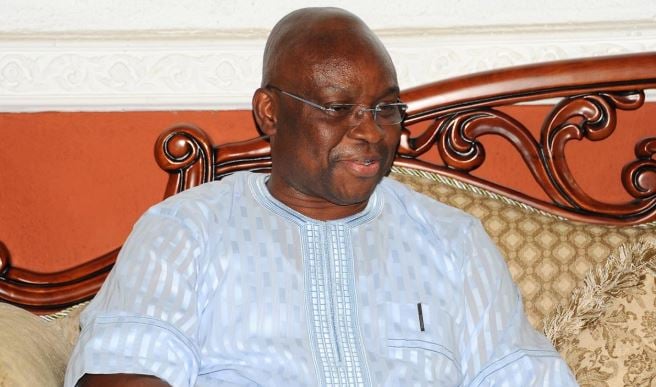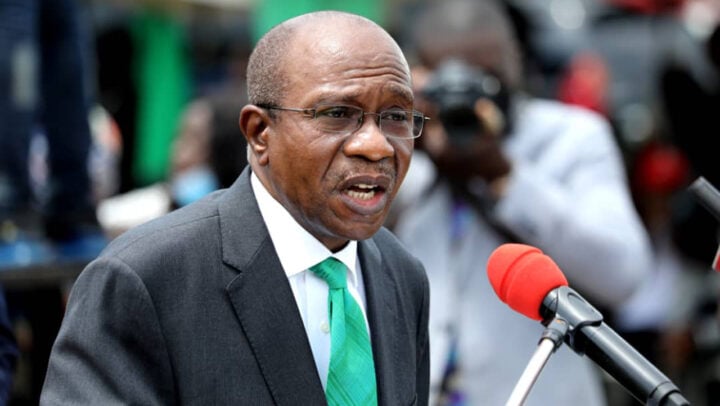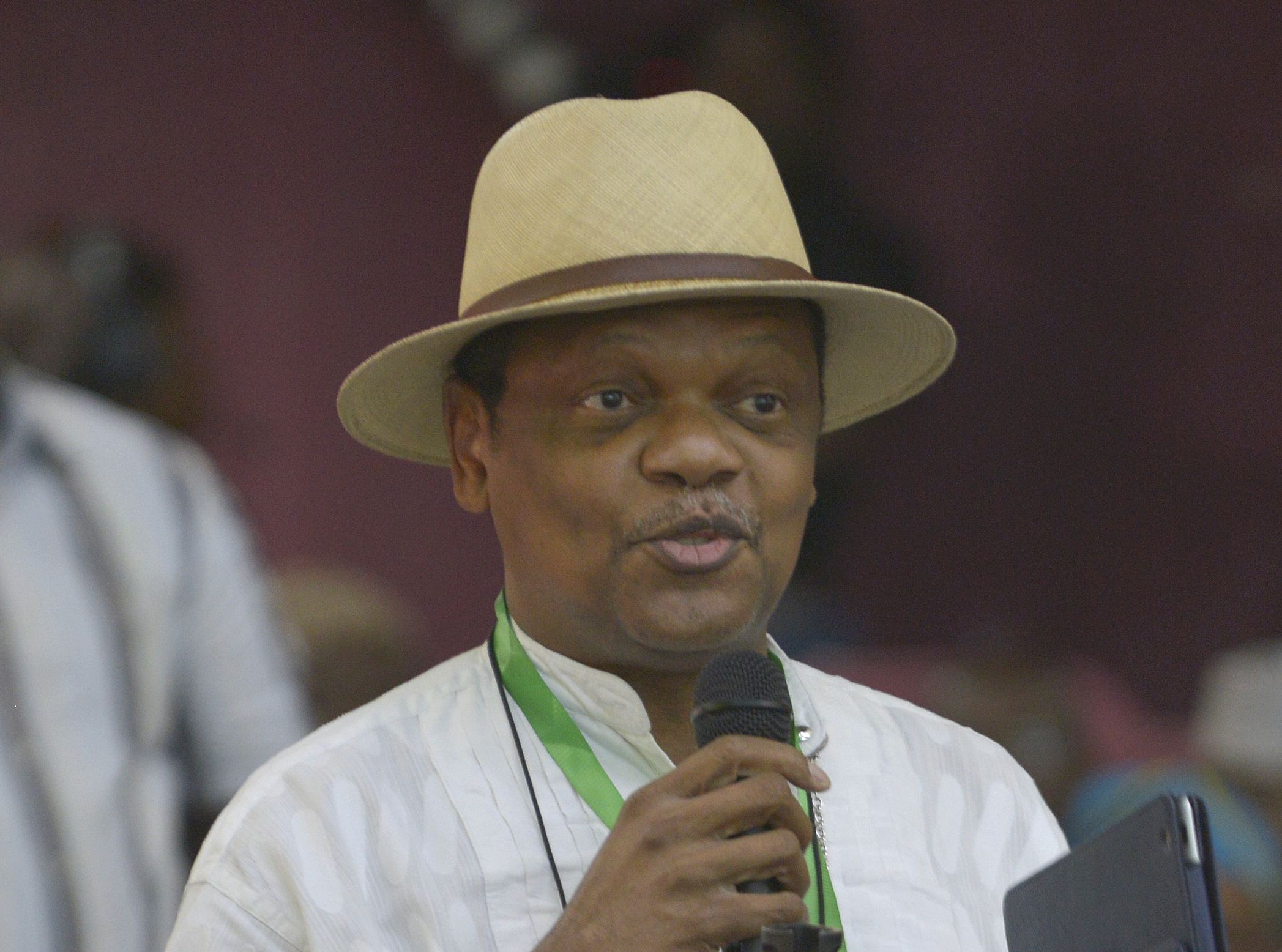The supreme court says the failure of President Muhammadu Buhari to obey the order restraining the federal government from implementing the deadline on old naira notes is a demonstration of autocracy.
Delivering judgment on Friday in a suit instituted by three states, the court held that the policy of the Central Bank of Nigeria (CBN) was done in breach of relevant laws.
The federal government had, in its preliminary objection, argued that the supreme court lacks the jurisdiction to entertain the matter and that the suit ought to have been filed before a federal high court.
Abubakar Malami, the attorney-general of the federation (AGF), also said the plaintiffs failed to join the CBN in the suit.
Advertisement
ISSUE OF JURISDICTION
Delivering an unanimous judgment, the seven-member panel held that the apex court has the jurisdiction to hear the suit.
The court held that the suit is a dispute between the federating units and the federation.
Advertisement
The apex court further invalidated the argument of the defendants that queried the none joinder of the CBN as a party in the suit.
The court held that there was no need to join the CBN in the suit since the apex bank got its directive from the president.
“The CBN has no power to introduce new notes into the system without a directive of the president,” the court held.
The court cited the portion of President Buhari’s speech wherein he admitted to issuing the directive.
Advertisement
“A suit of this manner can only be entertained by the supreme court,” the court held.
“All the preliminary objections lack merit and are hereby dismissed.”
‘BUHARI FAILED TO CONSULT STAKEHOLDERS’
The supreme court justices agreed with the plaintiffs that the president failed to consult with relevant stakeholders before passing his directive to the CBN.
Advertisement
The court held that the president ought to have consulted before “exercising his executive powers of such magnitude”.
“It is obvious that the president did not consult with the council of states, the national economic council and other stakeholders including the national security council,” the court held.
Advertisement
“The duty is implicit in Section 5 of the Constitution that makes the president an agent of the federation.”
‘INADEQUATE NOTICE’
Advertisement
The apex court also agreed that the federal government failed to give adequate notice for the implementation of the new policy.
“There is nothing to show any formal public notice issued to states,” the court held.
Advertisement
“The notice was given by way of press remarks. It is this press remarks the defendants relied on to say that they gave sufficient notice.”
The court said a mere press statement “cannot qualify as a notice under 20(3) of the CBN Act”.
The notice, the court held, ought to exclude the 50 days between the announcement and the unveiling.
“I hold that no reasonable notice was given. Therefore the directive is invalid and the implementation a nullity,” the court said.
CONTEMPT OF COURT
The court reprimanded the president for making a declaration on February 16 that only the old N200 note remains valid legal tender despite the interim order made on February 8.
Owing to the disobedience to the order, the court held that the federal government ought not to be heard in the suit.
“It is not in doubt that the president refused to comply with the order of the court that the old 200, 500, and 1,000 naira notes should continue to be legal tender.
“Interestingly, there is even nothing to show that the president’s directive for the release of N200 notes was implemented.
“I agree that the first defendant ought not to be heard when the president has refused to obey the authority of this court.
“Disobedience of order of court shows the country’s democracy a mere pretension and now replaced by autocracy. This suit is meritorious.”
Consequently, the court granted all the reliefs sought by the plaintiffs.
The court also ordered that the old currency should remain legal tender until December 31, 2023.
Add a comment






